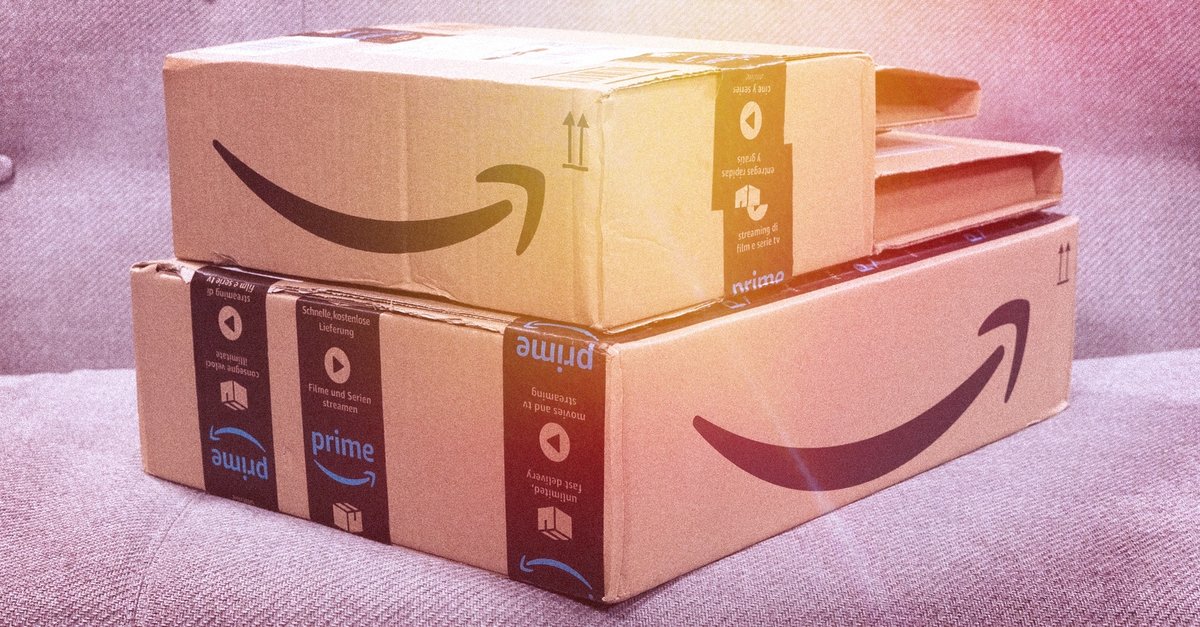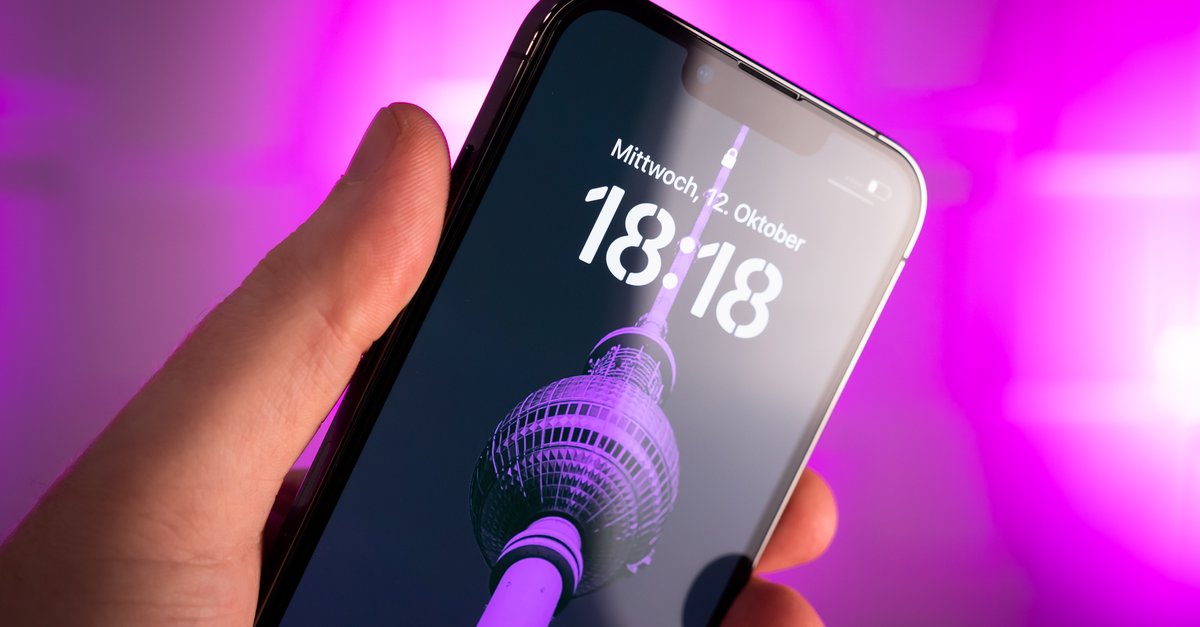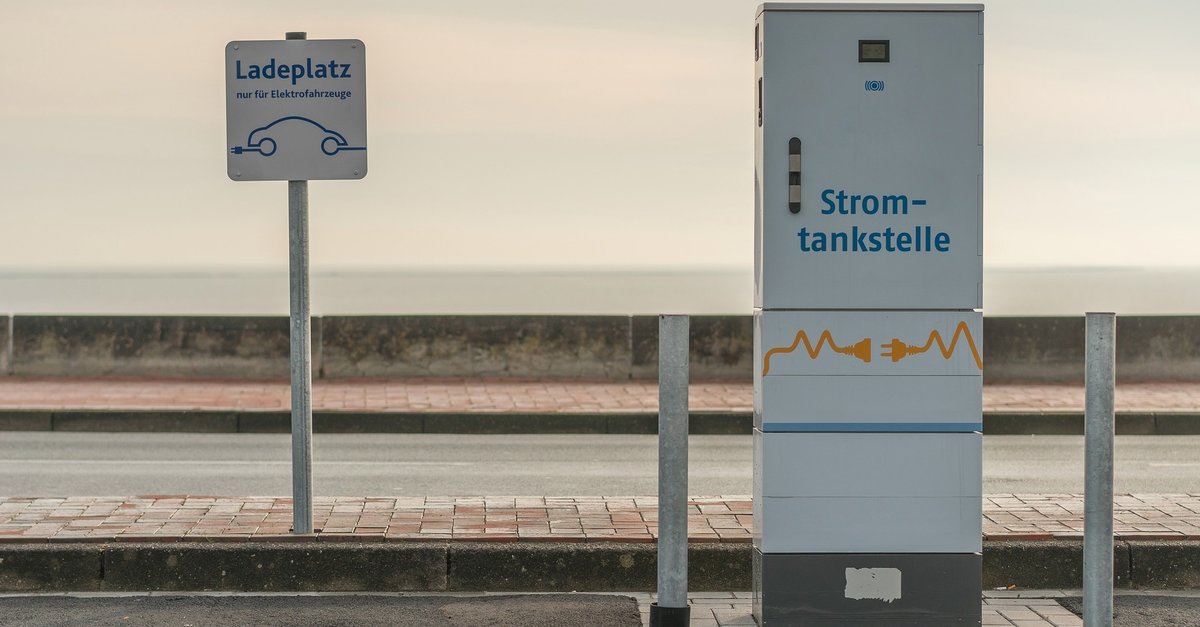Google Translate competitor from Cologne achieves unicorn status
The translation tool Deepl has closed a new round of financing. The Cologne-based Google Translate competitor is now worth one billion US dollars and has thus received “unicorn” status.
For some time now, the German translation company Deepl has been stealing the show from its US competitor Google Translate. Now the Cologne developers have been rewarded for their work.
Contents
Deepl gains unicorn status
As different media report, the online translation service is worth a billion US dollars after a new round of financing. This makes the start-up the first company in Cologne to receive unicorn status.
The investors include the venture capital firms IVP and Bessemer from the USA. And the European venture capitalist Atomico also wants to participate in the growth of Deepl.
As Business Insider reported, however, even more investors could be interested in supporting the Cologne start-up. That would add even more value to it.
Deepl vs Google Translate
The Cologne-based translation start-up has been around since 2017. People around the world are now using the associated URL deepl.com to have individual words and entire texts translated.
The service delivers surprisingly high-quality results that established providers such as Google Translate cannot keep up with.
What makes the translations more accurate than Google Translate?
According to Deepl, this is because the company developed a new generation of neural networks since its inception.
Using a novel NN design, Deepl’s networks can capture the subtle meanings of sentences and translate them into the target language with unprecedented accuracy. Not only can Deepl keep up with the world’s leading deep learning companies, but it also continues to set new standards with its advances in neural network mathematics and methodology. In 2020 and 2021, we introduced new models that can more accurately reflect the meaning of the translated sentences and even successfully master industry-specific jargon.
That is, Deepl’s self-learning algorithms started learning from a qualitatively better foundation than Google Translate. And the advances that come from that are exponentially greater. In other words: Deepl is getting smarter and better than Google Translate much faster.
The fact that the US competition is still lagging behind in quality is probably only due to the fact that the company does not invest the same energy in the further development of its translation program as the Cologne-based company.
Also interesting:


